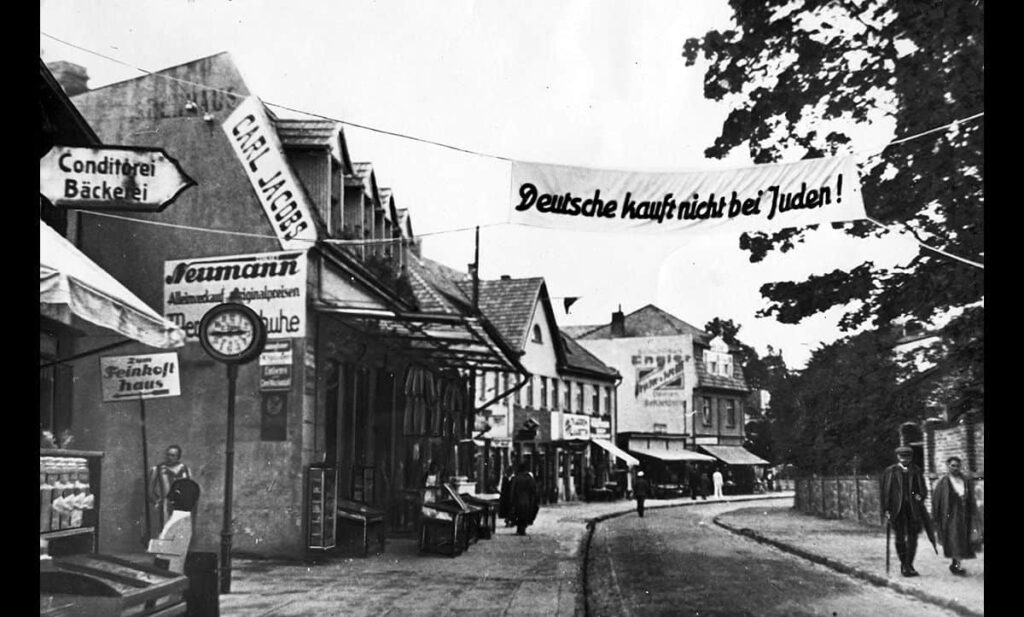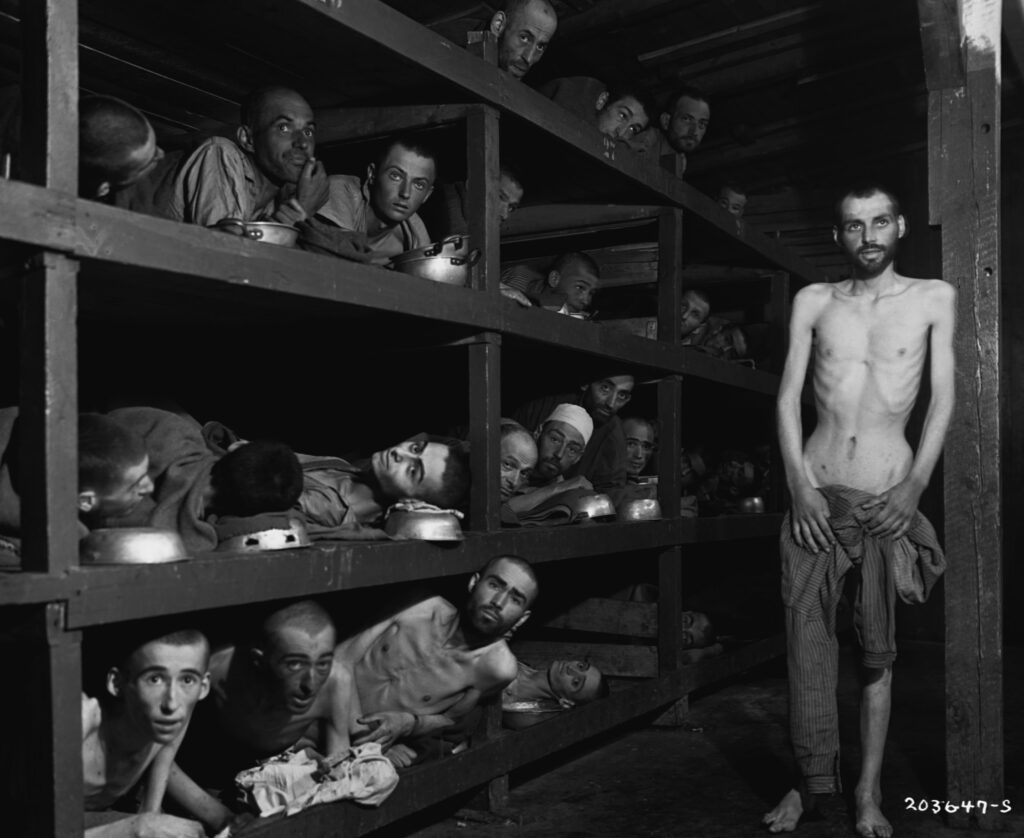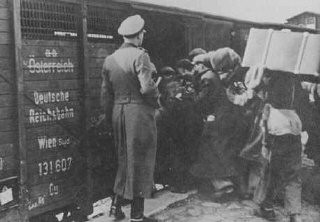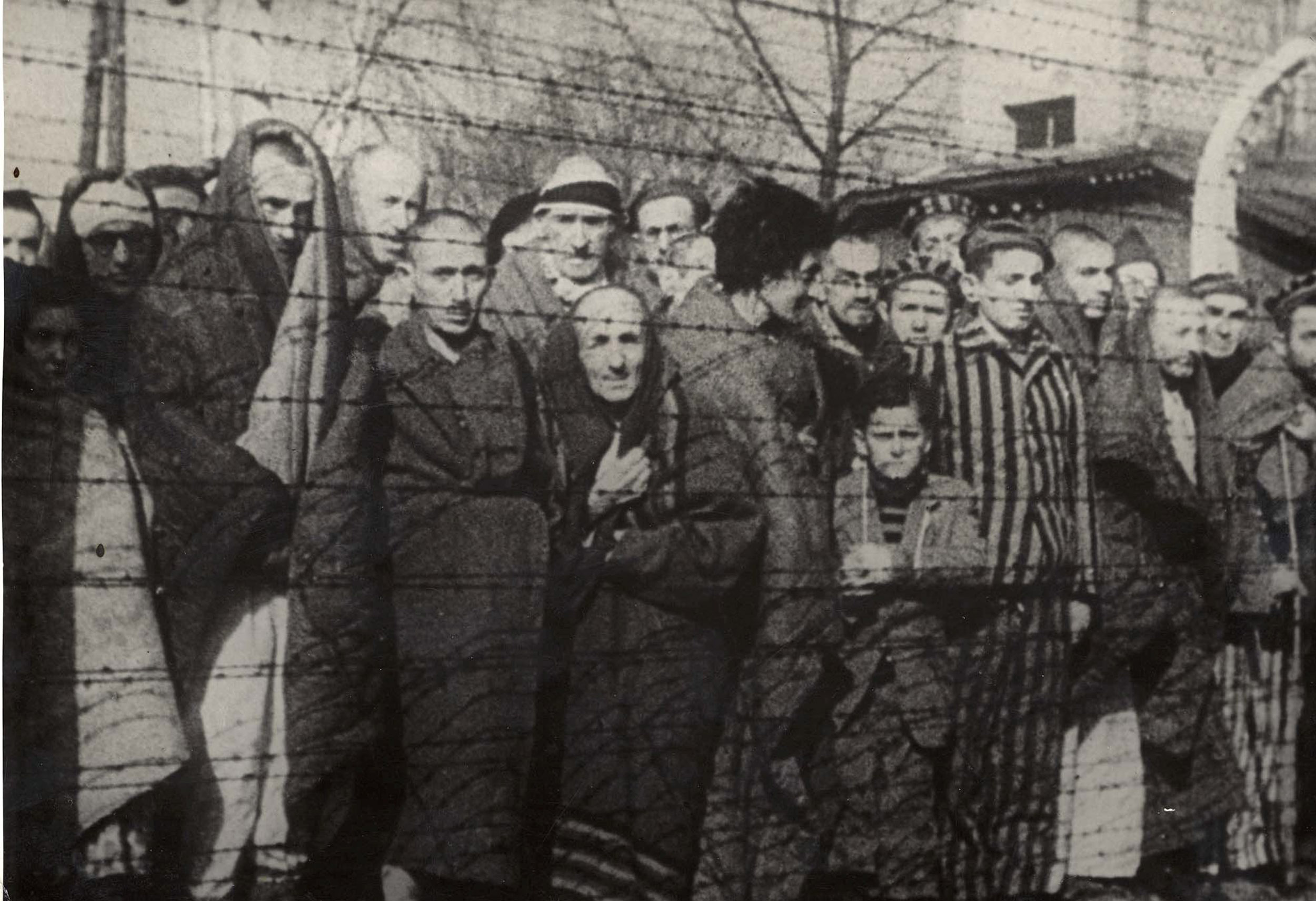What Is Holocaust Is??
The most significant and scariest incident in world history that happened Between 1941 and 1945 during the world war killing six million European Jews, is known as the Holocaust. The Jews are European German. It is the darkest and saddest chapter of the history books for humans, especially Jews. It was unimaginable, enormity, obscure suffering of precious gems’ lives.
A devastating example of what comes out of Intolerance, discrimination, and indifference is the deliberate persecution and mass murder of millions by Nazi Germany during World War II. To completely comprehend the Holocaust, this Article seeks to shed light on its causes, timeframe, victims, perpetrators, and long-term effects. In future articles, we will discuss the historical information about the Holocaust—the events occurring at that time, why they happened, and what consequences on the world. Let’s discuss information about the Holocaust.
Origin Of Incidence
From basic information about the Holocaust, Recognizing the Holocaust’s starts and its historical context is essential for understanding its scope. The rise of Nazi Germany and the rise to power of Adolf Hitler in the first decade of the 1930s opened the way for the oppression of multiple minority groups. Hitler’s dictatorship encouraged hate, prejudice, and victimhood via racist disinformation. The meticulous slaughter that followed was made possible by these deeds. The world was all set to experience unspeakable tragedies since the seeds of doom had already been sown. The whole saddest information is about the Holocaust.

Application And Techniques
The second and most crucial piece of information about the Holocaust is The execution of the victims of the Holocaust was an action that was carefully planned out and carried out. Essential organizations and the Gestapo, among others, were in charge of putting Hitler’s homicidal plans into action. Political prisoners were initially housed in concentration camps, but these facilities eventually became mass graves. Mass killings, forced labor, and gas chambers were just a few of the Nazis’ methods to exterminate entire populations. The atrocities suffered in these camps highlight the depths of humanity’s wickedness and defy comprehension.
Damage And Victims Europeans Jews
The Holocaust overwhelmingly targeted Jews and other groups the Nazis thought were unwanted. Six million Jews were cautiously killed, their life being destroyed for no other reason than being Jewish. But the Holocaust also claimed the lives of others who were not Jewish. Other groups who experienced persecution and murder included the Roma, the disabled, Jehovah’s Witnesses, homosexuals, political dissidents, and others. Each casualty stood for a life lost, a family dismantled, and a cultural legacy permanently changed. Understanding the Holocaust’s actual extent requires an appreciation of the enormity of its effects. This information about the Holocaust is the primary main chunk of the story.

Rescuers And Opposition
In the information about the Holocaust, Stories of bravery, resiliency, and kindness arose amid the gloom. Despite the astronomical odds, some people and organizations fought against Nazi oppression. Acts of opposition and rescue offered hope in the face of unfathomable misery, from underground organizations to rebel groups and courageous people like Oskar Schindler, who rescued countless lives. These tales exemplify the strength that humans have empathy and the will to resist evil.
Emancipation And Consequences
The information about Holocaust, The Holocaust’s atrocities were made widely known when Allied forces liberated concentration camps in the concluding months of World War II. The images of starving victims, mass graves, and proof of atrocious acts caused anger and disbelief worldwide. To establish worldwide standards to stop further genocides, the Nuremberg Trials intended to make war criminals responsible for their deeds. The aftermath of the Holocaust had a lasting impression on the survivors, who had the difficult challenge of reconstructing their lives while dealing with trauma, loss, and the eerie memories of those they had lost.
Observations And Remembrances
The information about the Holocaust tells The horrific effects of bias, discrimination, and uncontrolled authority painfully brought to mind by the Holocaust. It forces us to face and draw lessons from the most horrendous episode in human history and draw lessons from it. To ensure that the Holocaust is remembered, it is essential to promote education, retention, and the preservation of survivor testimony.
Dark Secrets About Holocaust
The information about the Holocaust, The Holocaust was a devastating and highly upsetting historical catastrophe that resulted in unimaginable pain and the death of children. Some lesser-known features and aspects show the enormity of the horrors faced, but there are no “dark secrets” in the conventional sense. Approaching this subject sensitively and with respect for the victims is crucial. Here are a few less prominent features.
Information about the Holocaust The numerous horrific medical tests performed on inmates, especially in Auschwitz, were a terrible feature of the Holocaust. During these studies, which infamous doctors like Josef Mengele oversaw, patients were tortured, forced to get sterilized, exposed to illnesses, and underwent several other horrific operations. These tests went against all moral guidelines and caused their subjects terrible anguish.
Although the information about the Holocaust, the Holocaust is frequently associated with the extermination camps, the Einsatzgruppen (mobile death units) were crucial in the mass murdering of Jews and other targeted populations. These units, which primarily operated in Eastern Europe, murdered millions of people through frequent shootings in plain sight or ravines. The ferocity and scope of these murders were horrifying, and the Einsatzgruppen’s deeds were a prime example of the depth of the Holocaust’s horrors.
The cooperation and collaboration of individuals and institutions within German-occupied regions is another unsettling feature. Some locals actively helped the Nazis track down, capture, and deport Jews, aiding their persecution and destruction. Additionally, there were instances where non-Jewish neighbours and acquaintances profited from the homes and belongings Jewish victims left behind.
Although there was much suffering during the Holocaust, there were also deeds of opposition and rescue by people and organizations. Partisan organizations, Jewish resistance movements, and daring individuals endangered their well-being to save as many people as possible. This bravery and defiance reflect the human spirit’s endurance and provide a ray of hope amid despair.
Many survivors of the information about the Holocaust suffered from profound psychological trauma that had an ongoing, long-lasting influence on their lives. Rebuilding destroyed towns, families, and cultural identities was difficult and traumatic. On survivors and succeeding generations, the long-term impacts of the Holocaust are still being researched and acknowledged.

A Consequence Of The Holocaust
Change In Respect For Human Rights And International Awareness
The information about the Holocaust offers a sobering example of human cruelty and the results of unbridled prejudice and hatred. The shocking revelation of the Holocaust’s atrocities caused a dramatic shift in the public’s understanding of human rights. The Holocaust’s horrors made the international community realize how crucial it is to uphold everyone’s rights and dignity, regardless of color, religion, or origin.
Creation Of Worldwide Laws And Bodies
The information about the Holocaust impacted international organizations and legislation designed to stop future genocides and defend human rights. After World War II, the Nuremberg Trials set a standard for trying those accountable for crimes against humanity. The United Nations’ 1948 adoption of the UN Declaration of the Rights of Humans, which was motivated by the Holocaust, has emerged as a critical text for defending human rights worldwide.

Commemoration And Memory
The Holocaust sparked the desire for remembrance and remembrance of memory and remembrance was sparked by the Holocaust. Worldwide, Auschwitz Memorial Days are held to remember the victims and warn future generations against the dangers of prejudice and xenophobia. Holocaust memorials and monuments, museums, and educational initiatives serve as a constant reminder of the great suffering endured during the Holocaust and the value of maintaining remembrance of it to stop a repeat of it.
Impact On Jewish Identity And Diaspora
The Holocaust had a significant effect on Jewish communities all around the world. A resilient diaspora was created due to the loss and millions of lives, including the obliteration of entire towns, which caused a change in Jewish identity. The Holocaust has shaped Jewish identity’s cultural, theological, and social facets theological, and social characteristics of Jewish identity and has become an essential element of Jewish collective memory. It has also strengthened the resolve to protect Jewish heritage and fight anti-Semitism.
Conclusion : Information About The Holocaust
The information about the Holocaust nevertheless serves as an unsettling reminder regarding the depths of man’s depravity and the effects of unfettered prejudice and hatred. To guarantee that the memory of the victims is maintained and that history never repeats itself, it is essential to comprehend the timeline of the events leading up to this massacre. By studying the information about the Holocaust history, we pay tribute.
Hitler’s radical ideology, anti-Semitic views, and desire for a racially pure society were the driving forces behind his planning of the Holocaust. Hitler and his allies deliberately singled out and killed millions of innocent people via propaganda, discriminatory policies, and a well-oiled infrastructure. To stop similar atrocities from happening again and ensure that the spirits of those hurt and the lessons learned during this terrible period in history continue, it is essential to comprehend the causes of the Holocaust.
In addition to it, The effects of the Holocaust are still being felt today, many years after it occurred. It has prompted the development of international rules and organizations, an increased understanding of human rights worldwide, and a dedication to remembering the victims. Because of the Holocaust, which serves as a sad reminder of the lowest points in human nature, we must continue to diligently battle prejudice, bigotry, & hatred in all of its manifestations.




















